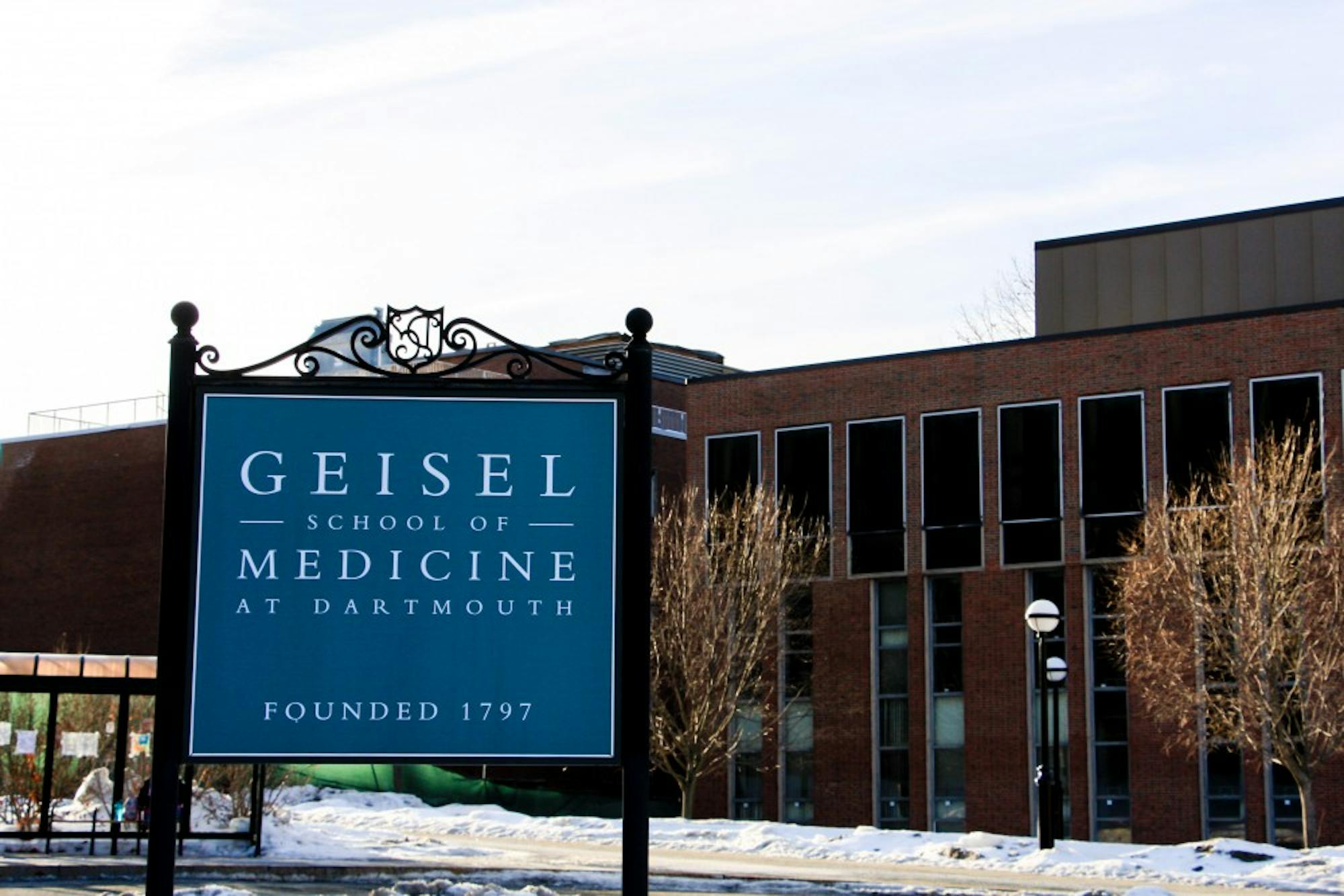On Jan. 12, three Geisel School of Medicine students testified at a New Hampshire state legislature meeting on behalf of House Bill 1241, a bill that would establish a commission to assess the benefits and expenses of a single-payer healthcare system in New Hampshire.
According to Geisel professor Donald Kollisch, America’s current multi-payer system is inefficient.
In this system, most people receive health insurance via their employers. These employers then choose different insurance companies and plans for their employees. People who are not employed get their insurance through various alternate channels — veterans get health insurance from the Department of Veterans Affairs, while elderly people get health insurance from Medicare. Low-income people get their insurance from Medicaid, which is funded with both federal and state money.
The market competition for providing health services occurs between insurance providers, rather than between actual physicians, Kollisch said.
He added that while traditional market competition lowers costs for consumers, for health care, it adds cost.
Since 1989, Kollisch has been involved with Physicians for a National Health Program, a nationwide research and education organization of medical professionals promoting single-payer health care. Kollisch advocates for a single-payer plan, in which medical providers remain private entities, but all patient expenses are paid for by the government.
Kollisch said that up to a quarter of healthcare expenditures can be saved by cutting out profit-seeking insurance companies.
In 2016, Sarah Rosenstein Med’20 took a class on equity and health care that featured Kollisch as a faculty advisor. Rosenstein found that both she and Kollisch were very interested in promoting a single-payer healthcare system, and this inspired her to found a Geisel chapter of Students for a National Health Program, which works to raise awareness for a single-payer healthcare system, with David Lakomy Med’20.
Kollisch serves as SNaHP’s faculty advisor. The organization works alongside PNHP to coordinate efforts in achieving a single-payer healthcare system.
“As a future physician, it’s important that we advocate for our patients in any way that we can,” Rosenstein said. “Part of that is advocating that all of our patients can receive the care that they need.”
The only developed nation without any kind of universal healthcare system, the U.S. also has the highest spending per capita out of any nation. In 2015, the U.S. spent $9,024 per capita, while the U.K. spent $3,971 per capita.
Rosenstein, who works at a federally-qualified health center with her preceptor, said she has seen first hand how the current healthcare system treats low-income patients. She said she has seen patients who come in with “conditions that have progressed way too far [because] they didn’t have the money to pay for health insurance.”
According to Rosenstein, members of SNaHP believe that health care is a fundamental human right and that everybody deserves access to it.
Prior to the hearing, Rosenstein said she and Kollisch encouraged students to travel to Concord and testify for HB 1241. While Rosenstein could not attend the event herself, Kollisch, as well as Alex Doering Med’20, Reza Hessabi Med’20 and Lakomy all testified at the Jan. 12 hearing.
While there were four bills on the docket, including one that would actually implement single-payer health care, the students focused on advocating for HB 1241. Hessabi said that because the New Hampshire legislature is Republican-dominated, the group realized that it would have been highly unlikely for the more radical HB 1793, which would prohibit all forms of private health insurance in the state, to pass.
Hessabi, who is not a member of SNaHP, said that the current market-based healthcare system is “broken” because it does not adequately serve most patients and primary care physicians. While he supports exploring other options, Hessabi said that he is hesitant to declare single-payer health care as the best solution to current healthcare problems.
“We’re not Germany, we’re not the U.K., we’re not any Nordic country you want to cite,” Hessabi said. “We are much bigger, we have a much more spread out population and we have rural versus urban health care.”
Hessabi said he believes that the commission that would be established by HB 1241 would help the government assess whether or not a single-payer system could be the solution.
HB 1241 is currently pending action in a subcommittee.




